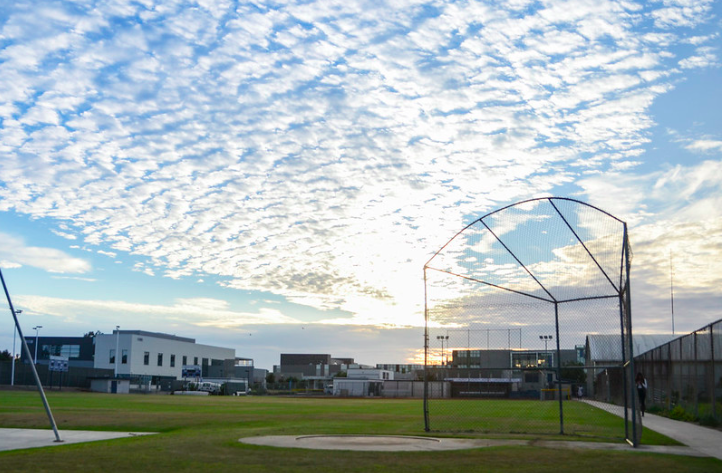The hashtag “Let Us Play,” began trending on Twitter earlier this year as a plea from athletes across the country to, hence the hashtag, let them play in their respective seasons during the coronavirus pandemic. Schools around the country had canceled their seasons due in part to the unsafe environment that the virus has created, especially within college and high school campuses.
Although I can’t speak for other athletes, being one myself, this Twitter moment infuriated me.
The virus has brutally ripped apart families and plays no favorites, not even to athletes. According to the John Hopkins database, just in the United States alone, there are over 6 million cases and 180,000 deaths. What athlete would think their sport exempts them from being another statistic?
As an athlete, I can separate myself from my sport and understand that right now isn’t the time for athletics. Canceling seasons, regardless of success or viable funding, is right. But I do understand the disappointment of seniors who may never play again or those who are trying to get recruited.
It’s selfish to ask many to risk their lives in order for us to fill the void that sports once had in our lives.
As dramatic as this sounds, sports give athletes a sense of purpose. Seriously, being an athlete myself, our lives are consumed with athletics. The continuous workouts, strict diet, and a routine that couldn’t be broken, even for our own wedding are just a few of our constant anxieties.
Without it, our lives aren’t filled with other extracurriculars or activities simply because we don’t have the time. But we chose the life of a serious college athlete. We have devoted years of missed school dances and family reunions in exchange for games in hundred-degree weather in the middle of nowhere.
To put it this way, we enjoy the routine, or most of us do, because of the feeling we get when we play. So, with context, you could probably guess how we felt once COVID-19 ambushed anyone and everyone’s plans.
No more season, practices, you name it. At the beginning of the stay-at-home orders, it was relaxing to have a break. Until suddenly, it’s seven months and 10 extra pounds later, and no one feels like an athlete anymore.
Identity crisis aside, this problem stems deeper than an athlete’s personal goals within their respective sport. It is a deeper issue of a sense of entitlement that oftentimes exists within college athletics. And even as I can’t speak for all athletes, I can relate to the sense of feeling important within a community or college.
We get first priority when picking classes, exemption from absences for games, and oftentimes special tutoring and meetings with counselors. This can allow a heightened sense of privilege in regard to the importance of athletics to the community.
It is imperative, especially right now, for athletes to put their ego aside and understand the needs of the country is not to risk the lives of those vulnerable for high school or college sports. Although sports are considered one of the most important factors of a college in regards to monetary value and exposure, the ego that it presents to some athletes has given leeway to put personal needs in front of a collective action to protect others from the deadly virus.


